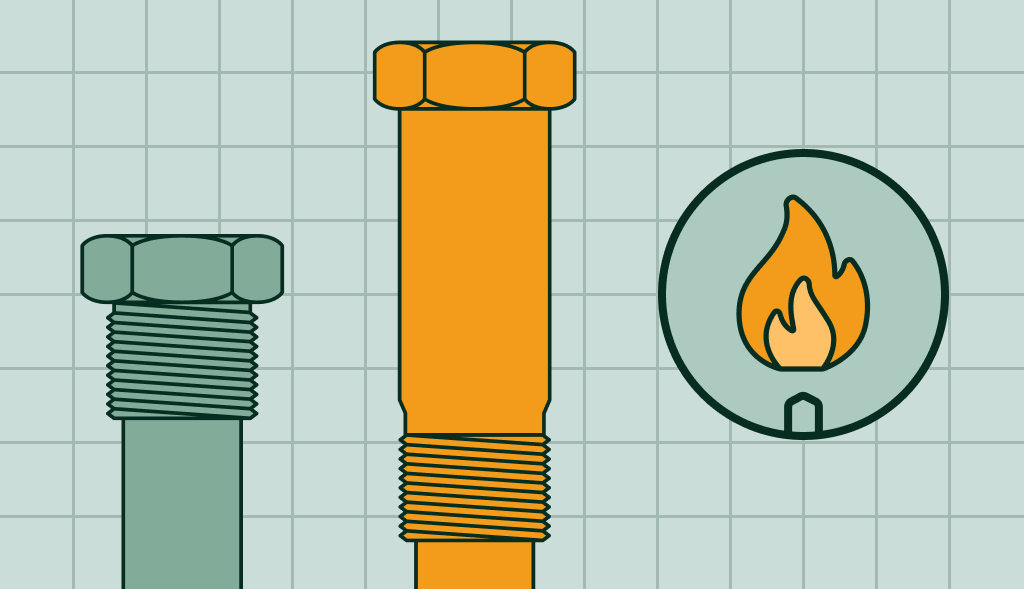The Ultimate Guide to Gas Water Heaters

Introduction to Gas Water Heaters
What is a Gas Water Heater?
A gas water heater is a device that uses natural gas or propane to heat water for your home. It consists of a tank that stores water, a burner that heats it, and a thermostat that regulates the temperature.
Benefits of Using Gas Water Heaters
Gas water heaters are known for their efficiency and cost-effectiveness. They typically heat water faster than electric models and can be more economical in areas where natural gas is cheaper than electricity.
Types of Gas Water Heaters
Tank vs. Tankless Gas Water Heaters
Tank water heaters store a large volume of hot water, ready for use at any time. They are suitable for households with high hot water demand. In contrast, tankless gas water heaters heat water on demand, providing endless hot water and saving space. However, they may have higher upfront costs.
Heat Pump Water Heaters vs. Gas Water Heaters
Heat pump water heaters use electricity to move heat from the air or ground to heat water. They are energy-efficient but may not perform well in colder climates. On the other hand, gas water heaters provide consistent performance regardless of the weather.
Popular Gas Water Heater Models
Bradford White Gas Water Heaters
Bradford White offers a range of reliable and durable gas water heaters known for their advanced features and high efficiency.
Rheem Gas Water Heaters
Rheem gas water heaters are popular for their innovative designs and excellent performance. They offer various models, including tank and tankless options, to suit different needs.
Best Gas Water Heaters for 2024
When choosing the best gas water heater, consider models like the Rheem Performance Platinum, Bradford White RG240T6N, and the A.O. Smith GPVX-75L. These models are highly rated for their efficiency, durability, and advanced features.
Gas Water Heater Maintenance
Regular Maintenance Tips
Regular maintenance is crucial to keep your gas water heater running efficiently. This includes checking the pressure relief valve, flushing the tank to remove sediment, inspecting the anode rod, and checking for gas leaks.
Gas Water Heater Anode Rods
The anode rod is a critical component of your gas water heater. It is designed to attract corrosive elements in the water, thus preventing the tank itself from rusting. Regularly inspecting and replacing the anode rod can significantly extend the life of your water heater. It’s recommended to check the anode rod every 1-2 years and replace it when it becomes heavily corroded.
Troubleshooting Common Issues
- **Gas water heater not working**: Check the pilot light and thermocouple.
- ** The Water heater smells like gas but has no leak**: This might indicate incomplete combustion; have it checked by a professional.
- **Gas water heater not turning on**: Check the gas supply and thermostat settings.
Extending the Life of Your Gas Water Heater
Using a Powered Anode Rod
A powered anode rod helps prevent corrosion inside the tank, extending the lifespan of your gas water heater. It’s a worthwhile investment for maintaining the efficiency and longevity of your water heater.
Switching from Gas to Electric Water Heaters
Replacing a Gas Water Heater with Electric
Switching to an electric water heater can be beneficial if you want a more straightforward installation process and fewer concerns about gas leaks. However, electric models may have higher operating costs.
Electric vs. Gas Tankless Water Heaters
Electric tankless water heaters are easier to install and maintain but might provide a different flow rate than gas models. While efficient, gas tankless water heaters require proper venting and a reliable gas supply.
Find out more about gas vs. electric water heaters with our detailed guide.
Safety and Troubleshooting
Gas Leak from Water Heater
If you suspect a gas leak, immediately turn off the gas supply, ventilate the area, and call a professional. Do not use electrical devices or create sparks.
Water Heater Gas Valve and Control Valve Issues
Issues with the gas or control valve can affect the performance of your water heater. Common problems include stuck or malfunctioning valves, which may require professional repair or replacement.
Venting a Gas Water Heater Through the Wall
Proper venting is essential for the safe operation of a gas water heater. Horizontal venting through the wall is an option for specific models but must be installed according to local codes and manufacturer instructions.
Frequently Asked Questions (FAQs)
1. Turn off the gas supply.
2. Locate the pilot light and gas valve.
3. Turn the gas valve to ‘Pilot.’
4. Light the pilot using a long lighter.
5. Hold the control knob for a few seconds, then turn it to ‘On.’
Most gas water heaters do not need electricity to heat water but may require power for electronic controls or ignition systems.
Check for a gas line and a burner at the bottom of the tank. Electric water heaters have heating elements inside the tank and do not have a gas line. Visit our guide for more details on how to check if your water heater is gas or electric
Gas or electric water heaters are available. Your choice depends on your energy preference, availability, and cost considerations.
Locate the gas supply valve near the water heater and turn it clockwise to shut off the gas supply.
A gas water heater uses a burner to heat water in the tank. The thermostat controls the burner to maintain the desired water temperature.
Electric water heaters are often easier to install and maintain, but gas water heaters typically heat water faster and may be more economical.
Follow the manufacturer’s instructions, which usually involve turning off the gas, lighting the pilot, and setting the gas valve to ‘On.’
Turn off the gas and water supply, attach a hose to the drain valve, and open the valve to drain the tank.
While heating does not require electricity, some models use electricity for controls or ignition. Check out the reason why gas water heaters might need electricity.
Blog
Protect Your Rheem Water Heater: How to Replace Your Anode Rod
Rheem water heaters are a trusted name in home comfort. However, like all appliances, proper maintenance is key to longevity. One critical component is the […]
A.O. Smith* Water Heater Anode Rod: Location and Replacement Guide
The anode rod protects your A.O. Smith water heater from corrosion. Typically found on top under a plastic cap, it can be removed with a […]

